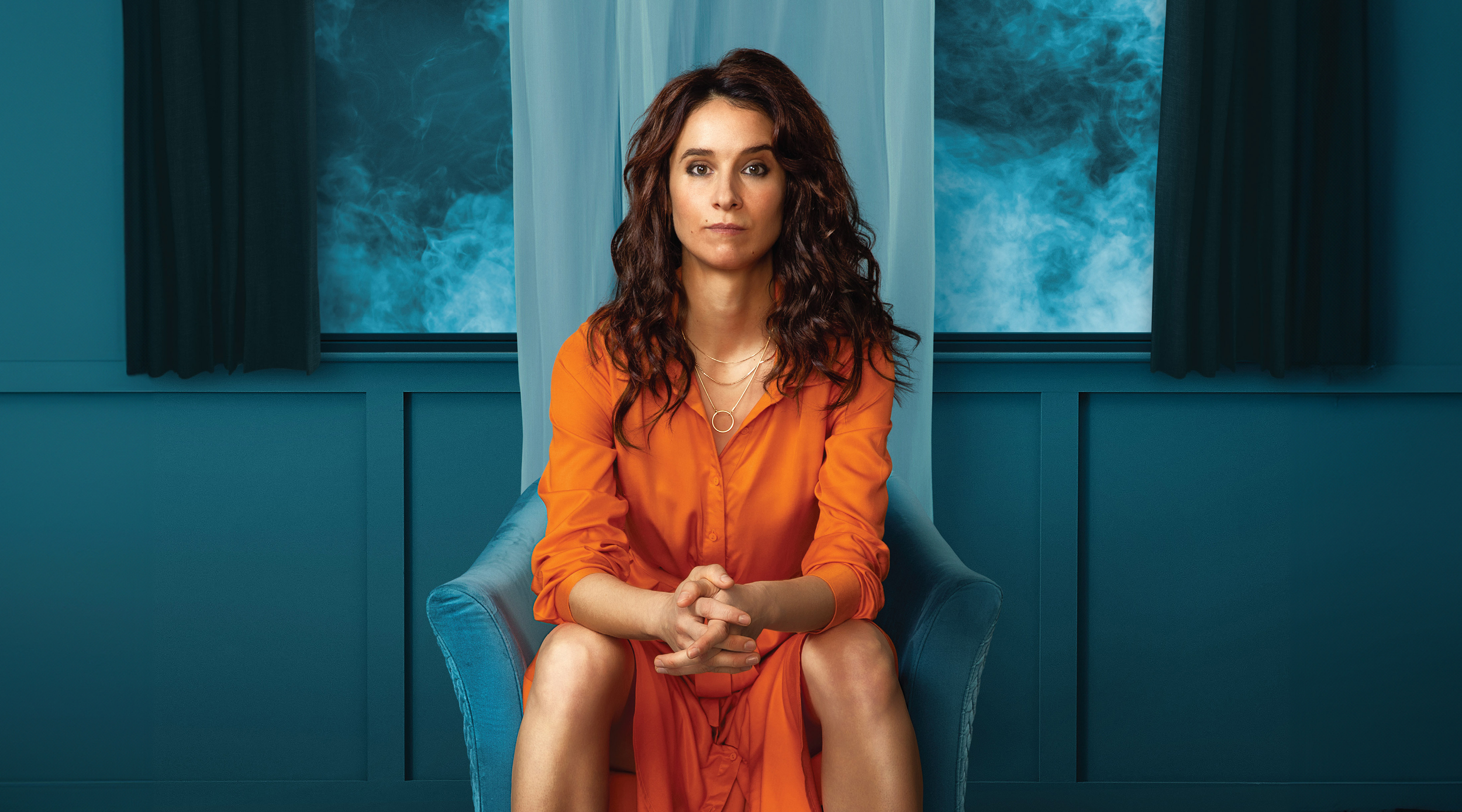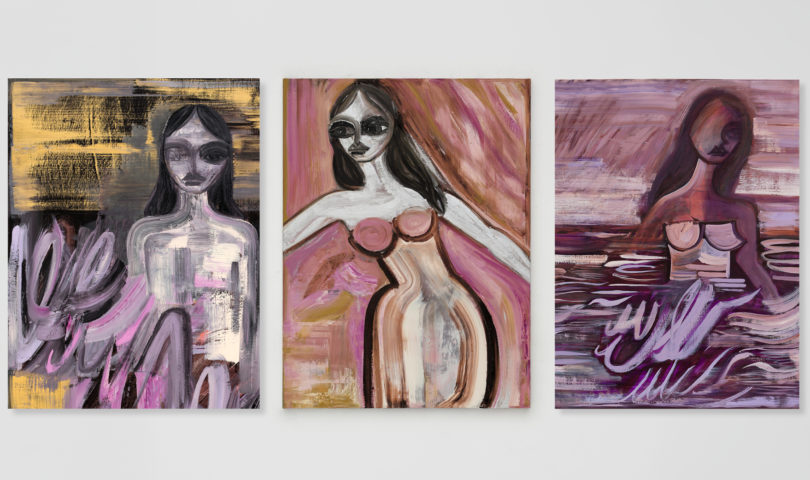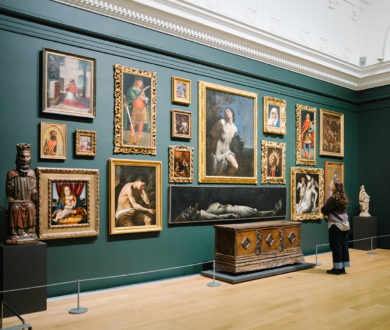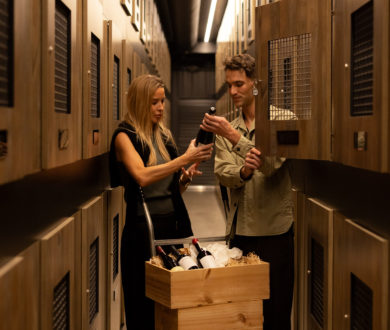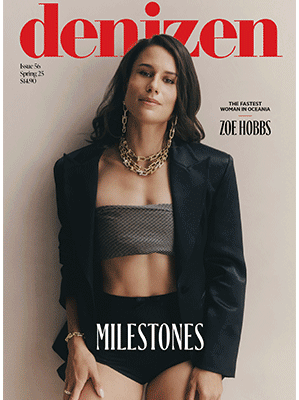From Tony Award-winning British playwright Dennis Kelly comes Girls & Boys — a shattering, passionate solo drama presented by Auckland Theatre Company set to captivate New Zealand audiences this September. With internationally-recognised, Spanish-born Romilly starring, and Kelly’s impeccable, soul-stirring writing, this theatrical masterpiece is set to captivate audiences this spring.
The play is performed entirely by Romilly (who impressed audiences as ‘Edmund’ in King Lear) with the skilled actress dancing between solo scenes and pieces to the audience as her character navigates — with heartbreak and humour — the forming and coming apart of a relationship. Kelly’s writing beautifully explores the beauty, mundanity, and complexity of a single life, and a woman’s resilience and strength, with heart and empathy.
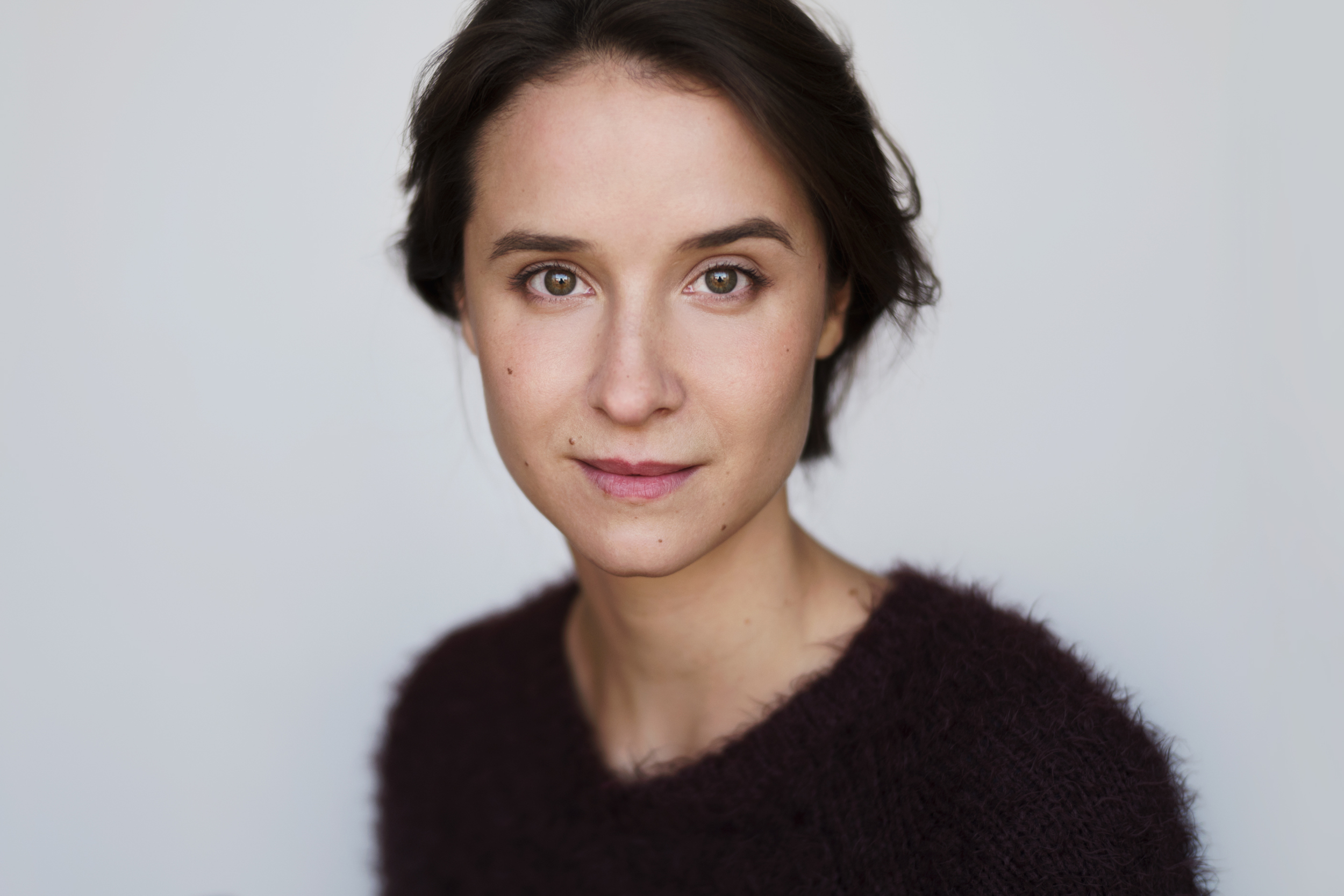
Here, we sit down with Beatriz Romilly as she awaits the play’s opening night, to discuss her solo performance, the joys of live theatre, and continually chasing growth.
Girls & Boys is on from the 10th — 22nd September at ASB Waterfront Theatre, and tickets are on sale now. Book here.
Firstly, tell me about Girls & Boys — in your words, what’s the play about?
This is always a tricky question as I don’t want to give too much away. Here goes… For me, Girls & Boys is about a woman processing, interrogating, grieving and healing from a huge life event. It’s a comedy, tragedy and a rollercoaster of emotions.
What drew you to the play initially?
Two things. Firstly the woman narrating the story. She is so charming, honest and funny. She felt so familiar and full of life, someone I’d definitely want to share a couple of wines with. Secondly, the challenge of the role, I’ve never done anything like this before. These are the jobs you dream of as an actor, the ones that will nurture your craft.
The play tackles big themes, from gender politics to fractured relationships, modern domesticity, love, and the slow unravelling of it — how do you prepare for broaching this kind of subject matter? Did you draw on personal experience, or seek inspiration elsewhere?
With the wealth of detail and information I get from the text, I pretty much have everything I need to spark my empathy and imagination in creating the world of the play. Alongside that, I have also read lots of news articles and books that give me factual information about the subjects I’m covering in the play. It’s essential when tackling such big themes to distinguish the characters experiences from my own, as their voice has to be the clearest.
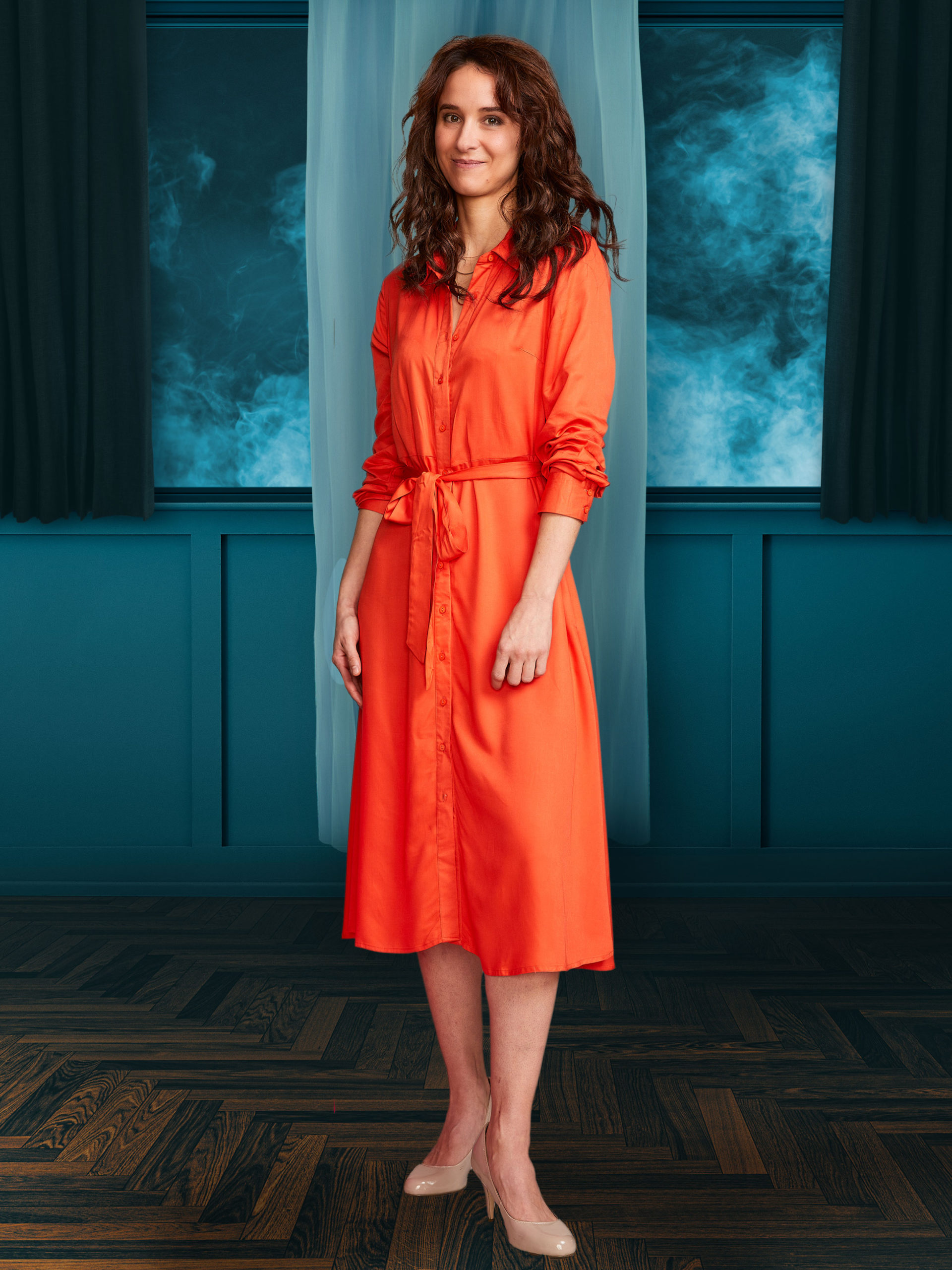
For you, what is the play’s single most important and impactful message?
This keeps shifting for me as we get further into rehearsals. At the moment, without sounding too vague, it’s about not being afraid to open up a conversation about the part we individually play in the gender power dynamics we allow in our daily lives.
Your character is incredibly engaging throughout the entirety of the performance, despite having no one to bounce off. How do you achieve this? What keeps you energised and motivated throughout your performance when acting solo?
The play is split into either ‘Chats’ or ‘Scenes’. In the ‘Chats’, the character talks directly to the audience, it feels like she’s conducting an investigation into her life to uncover and understand her role in the events that come to pass. Her need to discover and move forward, how she digests this information and what this does to her is what keeps me energised. She is so articulate and raw and honest in a way I couldn’t be. I know that every performance will bring new discoveries, this is a very exciting place to be as a performer. Then in the ‘Scenes’, she interacts with her children. These interactions are full of play and are beautiful moments for the character, so I never feel like I’m alone on stage.
As an actor, what’s the most challenging part of a solo production? And what do you enjoy the most?
For me what’s been the most challenging is not having other actors to share the experience with. I have missed the camaraderie, energy and human experience that other actors bring. What I’ve enjoyed most is the challenge, and how much it is stretching me and the amount I am learning about myself and my craft.
Having worked across TV, film, gaming, and the theatre, what’s unique about plays? What do you love most about performing for a live audience?
I love the ritual of how we all gather together to share a story, I think it’s magic. Nothing beats having that immediate response, aliveness and connection. It’s pretty incredible.
How does New Zealand’s theatre scene and audiences differ from the UK?
A theatre scene in any country always has that same magical feel, spaces where stories have been shared and humans have connected. I feel very lucky to have been able to experience it in both countries and be immersed in stories that I wouldn’t have access to in the UK. London and Auckland audiences are pretty similar to be honest, both are warm and vocal and willing to have fun.
What exciting things are on the horizon for you? What are you most looking forward to right now?
I’m excited for Spring and getting my vege garden up and running. That has been one of the wonderful things about moving to Auckland, a climate where I can grow a decent vege garden. Also, to keep meeting and collaborating with different artists here in Aotearoa.
Finally, tell us why we need to see Girls & Boys…
For the female character alone I would go and see this play. Her humanity, flaws, vulnerability, charm, wit, intelligence, resilience and refusal to be controlled or labelled by what has happened to her are so inspiring. She’s remarkable.

